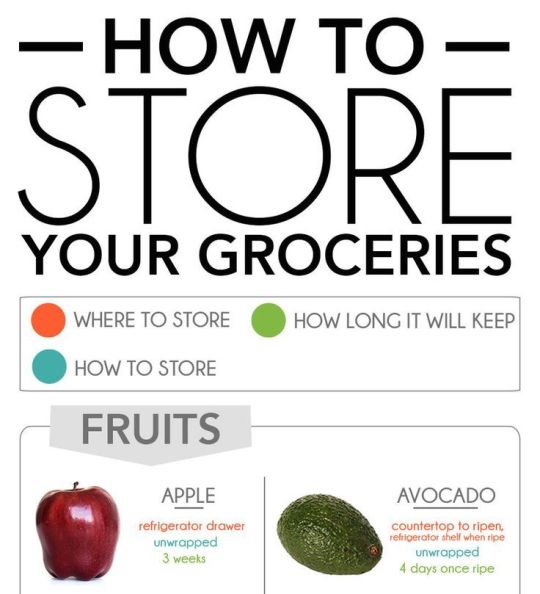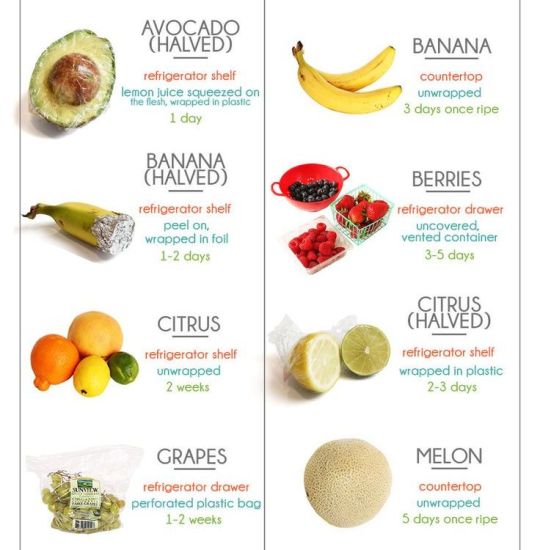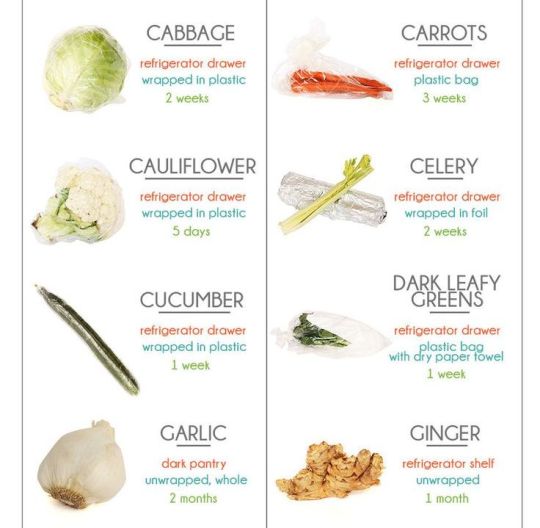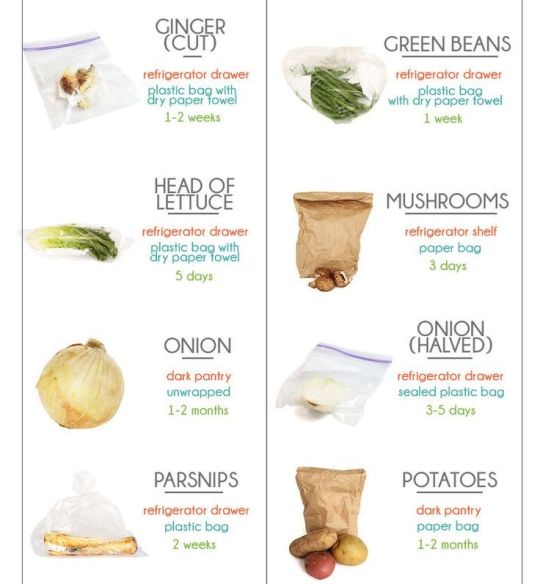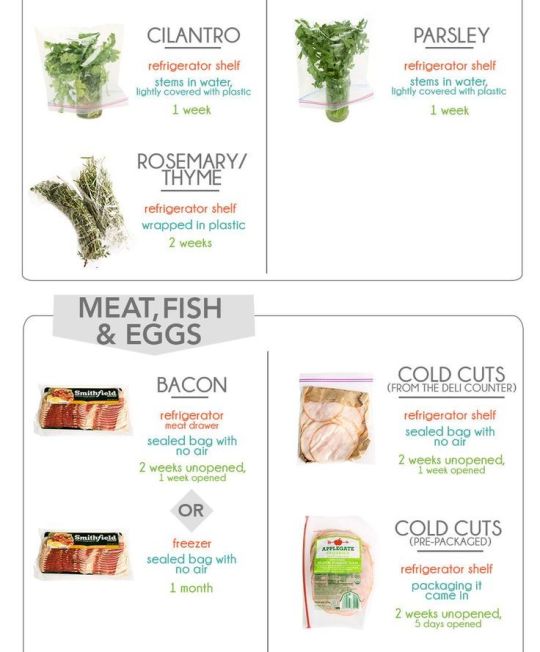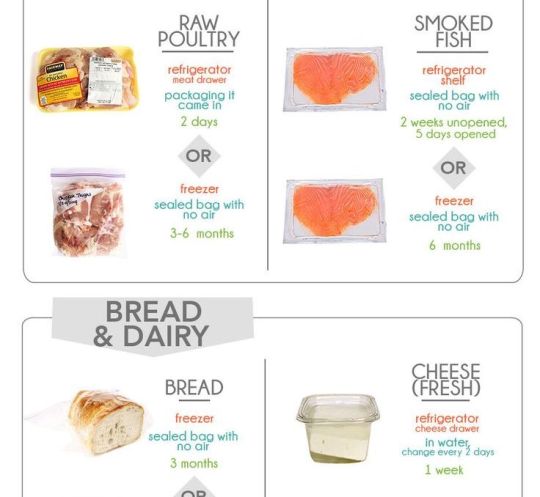Managing PCOS with keto, electrolysis, and as much positive energy as I can manage. I follow back similar blogs from my main blog, buzzlightweights!
Don't wanna be here? Send us removal request.
Text
yikes y’all I lowkey hate this
so yesterday boyfriend and I went to the store and I bought a lot of VERY EXPENSIVE and LONG-LASTING keto ingredients like coconut oil, coconut flour, and stevia. Then like five hours later I sort of decided that I absolutely hate keto, I don’t even care if I’m fat, I’d rather eat good food that I actually like and not be miserable all the time than be skinny!
1) this is probably sugar withdrawal talking and I should fight through it 2) this is probably not helped by the fact that I have a HORRIBLE cold that I can’t decide is because of keto or not which is making me so fucking miserable 3) I haven’t been doing this long enough to see any results and maybe my mind will change if inches start actually dropping off
but as it stands now, this is so not worth it to me. I want tacos and pizza and margaritas and fruit. I wanna go drinking with my friends and eat cereal for breakfast. All the fat I’ve been eating makes me feel sick and I hate eating it. I’d rather be fat and happy than skinny mildly less fat and miserable.
#keto#pcos#these are very bad thought trajectories and I reconize that#but I HATE THIS!!!!!#diary#personal
3 notes
·
View notes
Photo

Coffee chip keto ice cream! http://bit.ly/2su7Kx8
9 notes
·
View notes
Photo

Death By Chocolate Cheesecake http://bit.ly/2uQtGqh
10 notes
·
View notes
Text
Probably keto flu...possibly boyfriend germs
Today I have sniffles and a sore throat on top of just being tired. I did some googling and found that lots of people experience these symptoms during keto flu because of alterations in ph balance? But part of me wonders if I just got sick from my boyfriend who has been hacking up his lungs all week, though he claims it’s just allergies.
I do feel less frustrated, exhausted, and hungry than yesterday, which is good! I ate way too much halo top when I got home and also three slices of cheese, and after that I wasn’t hungry for the rest of the evening. I’m really hoping these are all signs that I am entering ketosis and that I’ll start feeling better soon!
On the lovely advice of @goodmindvibes I am putting pedialyte and fat bomb ingredients on my grocery list to hopefully end the keto flu and up my fat ratio. I’m not giving up yet!
1 note
·
View note
Text
45 Budget Friendly Low Carb Recipes | Budget Bytes
I know a lot of people with PCOS who eat low carb, so thought this would be helpful for many. Budget Bytes has been my go-to source for finding affordable and healthy recipes for the past couple of years, and I always recommend checking out the website. Below is a little bit from Beth’s post, along with a link to her website to find the recipes, which are divided them up into five categories: poultry, pork, beef, seafood, and vegetarian.
Below is sourced to budgetbytes.com
Take note, this is a LOW carb list, not NO carb. Since the term “low” is extremely subjective, you may have to browse past a few recipes that don’t fit your own personal low-carb definition. This list contains recipes that don’t rely on flour, pasta, rice, or potatoes. Beans are a grey area and are included in many of the recipes listed here. A few of the recipes may also contain a small amount of sugar or honey in sauces or marinades, but again, this is a low carb list, not a no carb list and a small amount of sugar is often needed to balance flavors.
In general, here are a few tips for bulking up your recipes without relying heavily on carbs:
Add inexpensive greens like cabbage, frozen spinach, or chopped kale.
Swap noodles for spiralized inexpensive vegetables, like zucchini or carrots.
Swap out rice for “riced” cauliflower. (I’ve seen pre-grated or “riced” cauliflower for a good price at Trader Joes.)
Hearty soups and stews are a great way to stretch meat without adding carbs. Fill the soup with other vegetables, thick broths, beans, or legumes.
45 Budget Friendly Low-Carb Recipes
74 notes
·
View notes
Text
IS THIS DIET BAD FOR ME OR AM I JUST IN TRANSITION??
It’s been exactly a week since I started keto and my god it is not going well. I’m definitely keeping my carbs in check but I’m pretty sure I’m eating too much protein, not enough fat, and definitely not enough calories. I’m hungry and exhausted all the time but I don’t want to eat any of the food I’m allowed to eat - literally felt nauseous trying to eat two little keto meatballs for dinner tonight.
I can’t think of ways to up my fat intake without simultaneously upping my protein intake. I hate drinking milk and I hate eggs. I’m really worried about my health if I continue down this path. I can’t keep being exhausted all the time. I can’t keep eating less than 1000 calories a day. I’m wondering if this is just the “keto flu” still but I’m not sure. Can anyone give me advice? If things don’t get better soon I’m probably going to give up because I’m just miserable.
2 notes
·
View notes
Photo

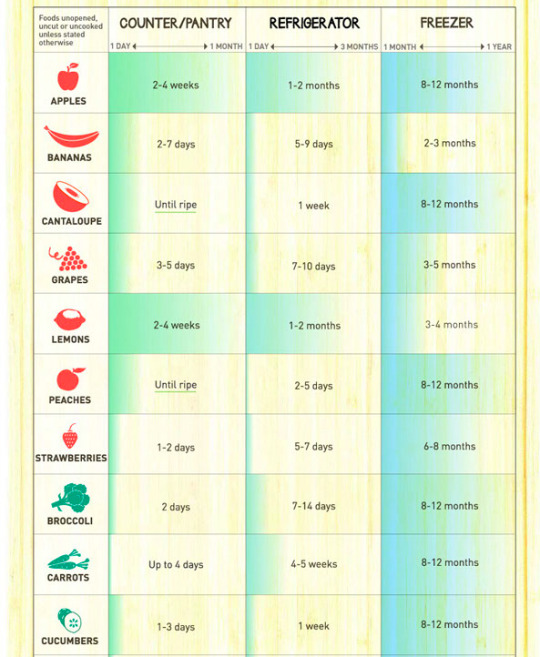



A good chart to show hold long your vegetables, fruit and… other stuff would stay fresh for. Brought to you by visual.ly, a place with a TON of infographics, maybe the biggest on the web.
[More Health Infographics Here] Follow us on Facebook Follow us on Twitter
184K notes
·
View notes
Photo








Spaghetti Squash “Pasta” 3 ways…
A great low-carb, low-calorie, and gluten-free alternative to pasta…RECIPE
Arugula
Ingredients: - 3 cups fresh arugula – 1 cup Parmesan cheese – 1 cup pine nuts – 2 garlic cloves, peeled – 1 ½ cups extra virgin olive oil – salt and pepper, to taste
Tomato
Ingredients: - 4 tablespoons extra virgin olive oil – 2 small yellow onions – 4 cloves garlic – 2 28-ounce cans crushed tomatoes – salt and pepper, to taste
Lemon ricotta
Ingredients: – 2 cups ricotta cheese – 1 cup Parmesan cheese – 2 teaspoons lemon zest – 2 teaspoons lemon juice – 3 tablespoons extra virgin olive oil – salt and pepper, to taste
2K notes
·
View notes
Photo

According to a study, selecting the correct size as well as color of plates and bowls can help you to eat less
59 notes
·
View notes
Photo

Ricotta Pound cake with Lemon Cream Cheese Frosting http://bit.ly/2vZRDZp
100 notes
·
View notes
Text
Keto. Fudge.
Guys.
Guys.
GUYS.
I have unlocked the ultimate keto secret: fudge.
Take this recipe for sweetened condensed milk. Make the shizz out of it. Use powdered erythritol instead of Natvia, to your desired level of sweetness. You can also condense down coconut milk, but this recipe up here is SO MUCH BETTER YOU GUYS DON’T EVEN KNOW.
Make fudge, adapting a regular sweetened condensed milk recipe as you like. For example…
You can melt a bag of Hershey’s Sugar-Free for chocolate (which I did with a different condensed milk recipe), or maybe try unsweetened baker’s chocolate and erythritol?
or do peanut butter and powdered erythritol for a peanut butter fudge that will BLOW YOUR FUDGING SOCKS OFF.
Guys, it… it’s fudge. Like real, honest-to-god fudge. Tastes and feels like it.
If you make the chocolate with Hershey’s chips, though, remember sugar alcohols are a thing that are dangerous to your digestive health, so eat in moderation. :3
13 notes
·
View notes
Photo

Today I tried basic chia pudding for the first time - my god what a texture! I also forgot to get keto sweetener when I was at the store so the main flavors are vanilla and cinnamon without any sweetness. It’s definitely going to take some getting used to, but it’ll be good to be able to switch between this and sausage for breakfast (since I don’t eat eggs.)
0 notes
Photo
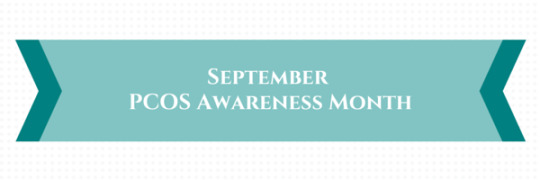
Polycystic Ovarian Syndrome (PCOS) is one of the most common endocrine disorders that affects in numbers as high as 1 in 10. While it has been recognized and diagnosed for over seventy-five years, less than 50% of women are diagnosed due to the lack of knowledge, and awareness. PCOS cannot be diagnosed with just one test, and can often be overlooked due to symptoms varying from person-to-person. In order to be diagnosed with PCOS, you need 2 of the following present: androgen excess, irregular/absent menstrual cycles, and/or ovarian cysts.
The month of September is Polycystic Ovarian Syndrome Awareness Month, and here is what you need to know.
PCOS is a condition in which the sex hormones in a female’s body are imbalanced, which can cause ovarian cysts, weight gain, changes in menstrual cycle, infertility, and other symptoms. An early diagnosis is important with PCOS because the condition has been linked to an increased risk of multiple medical issues including insulin resistance, type 2 diabetes, high cholesterol, high blood pressure, and heart disease. PCOS has been known as the “Silent Killer”. There is no exact cause of the condition, although it has been linked to genetics and environment. While there is no known cure for the syndrome, there are treatment options to manage symptoms, and improve your PCOS health.
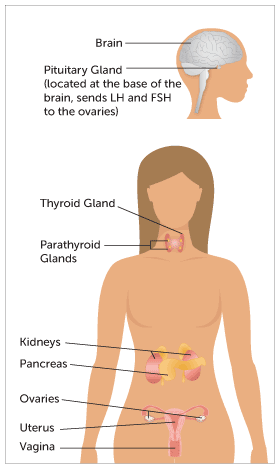
Female reproductive anatomy | Source
What are symptoms of PCOS?
When it comes to symptoms, it varies for person-to-person, which often makes a diagnosis difficult due to some individuals living with few symptoms.
Weight gain or difficulty losing weight
Dandruff
Acne
Cysts on ovaries
Obesity
High cholesterol levels
Skin discolorations (dark, thick velvet like patches)
Elevated blood pressure
Insulin resistance
Repeated miscarriages
Thinning hair
Infertility
Pelvic pain
Male-type hair growth (hirsutism)
Irregular/absent menstrual cycles
Anxiety and/or depression

Regular menstrual cycle vs. PCOS menstrual cycle | Source
How is PCOS diagnosed?
Medical History Your doctor will ask questions in regards to your past medical history, as well as your family’s. Studies have shown that if a parent has PCOS, there is a 50% chance that the daughter will have PCOS as well. Questions commonly asked will include details of your menstrual cycle, miscarriages, trouble with weight, depression, and other medical history. Physical Exam A physical exam will include height, weight, and blood pressure. As well as examining your body for any signs, such as excess hair growth patterns, skin discoloration, thinning hair, and acne. Be sure to let your doctor know of any hair growth patterns that maybe overlooked. Blood Work Your doctor may order numerous labs, but most common are a hormonal panel including testosterone, DHEA, estrogens; fasting glucose; insulin; lipid profile. Ultrasound An ultrasound is an exam that will show images of your ovaries, uterus, and endometrial lining. It is often done to check for ovarian cysts, which is a common symptom of the condition.
How is PCOS treated?
Lifestyle changes, medical management, and medication are the best ways to treat the syndrome because there is no cure for it. It is important to find a doctor that you are comfortable, and satisfied with, because it is vital to keep in contact when it comes to managing the syndrome. Treatment varies based on your symptoms, if you are trying to conceive, and overall health.
Birth Control Pills – Extremely common in medications prescribed, contraceptive will regulate menstrual cycles, reduce male hormone levels, aid in clearing up acne
Metformin (Glucophase) – Metformin is used to treat diabetes, however it is beneficial to people with PCOS because many have insulin resistance. The medication helps in regulating the amount of glucose (sugar) in your blood. It has shown to lower testosterone levels, which improves symptoms such as abnormal hair growth, ovulation, and weight gain.
Spironolactone – Spironolactone is a diuretic (often known as a water pill) that is prescribed for high blood pressure or those with fluid retention, however it has other benefits that aid in PCOS health. The medication is often prescribed along with oral contraceptive pills for those who have hirsutism because it works by lowering androgen levels in the body. Androgens are hormones that people, both male and female, have in their bodies, but males have higher levels of the hormone. Androgens cause male patterned hair growth on the face, chest, and stomach, as well as acne, that some people with PCOS have. Spironolactone can cause birth defects, therefore it cannot be taken during pregnancy.
Lifestyle Modifications – Dietary changes and exercise are important when it comes to managing PCOS because those living with the condition often have insulin resistance, and difficulty maintaining or losing weight. Eating well, and being active, can improve PCOS symptoms on their own. When it comes to dietary changes, it varies for everyone, however, nutrition is very important because the foods we put into our bodies affect us differently than others. So whole foods - fresh vegetables, lean meat, and focusing on low-GI foods, no processed or refined food, limiting dairy are typical PCOS meal plans. Keep in mind, some find keto, vegan, or paleo to be ideal for them.
Fertility Treatment – 70% of women diagnosed with PCOS have infertility, however, through fertility treatments and medication, many conceive and give birth to healthy children. Treatments include ovulation cycles, insemination, or IVF. Medications include Clomid, an oral medication that stimulates ovulation, and is often the first medication prescribed. Letrozole is another oral medication similar to Clomid by stimulating ovulation. It is determined by your doctor which treatment is best for you, and dosage.
What is Insulin Resistance?
Insulin is a hormone that is produced by the pancreas. When insulin is released into the bloodstream, it is the essential hormone that has many actions throughout the body such as controlling of sugars, starches, lipids, and proteins. Insulin helps regulate the body’s functioning cells, including their growth, which is important due to glucose being used as energy.
Insulin resistance is when the body’s cells become resistant to the effects of insulin. Due to this, high levels of insulin are needed in order for the insulin to have its proper effects. The pancreas overcompensates by trying to produce more insulin, until it can no longer produce a sufficient amount for the body’s demands, which results in blood sugar rising. Insulin resistance is often considered pre-pre diabetes due to it being a risk factor for the development of diabetes, along with other health concerns such as heart disease. Insulin resistance is associated with other medical conditions including fatty liver, acanthosis nigricans, and skin tags.
What is Hirsutism?
Hirsutism (HUR-soot-iz-um) is a condition of male-type pattern hair growth on areas of the female body such as face, chest, abdomen, and back. The hair is different from the type some women have on their upper lip, breasts, or chin, which is often fine, “baby” like hairs. which is common. Women with hirsutism have dark, thick, and often coarse hair in male-type patterns. The condition is hereditary, although it is typically caused by high levels of male hormones, or can be caused by conditions such as PCOS, or Cushing’s syndrome. It can also be caused by hair follicles being overly sensitive to male hormones, however doctors do not know the cause. Medication can be prescribed to help lessen the hair growth.
What is Acanthosis Nigricans?
Acanthosis nigricans (ay-can-THO-sis NYG-ruh-cans) is a skin condition that causes areas of skin to become dark, thick, and velvety in areas of the skin that fold and crease, such as neck, armpits, and groin. It typically occurs in people who are obese, have insulin resistance, or diabetes. Treatment for the condition requires treating the underlying conditioners that affect the skin’s color and texture. Prescription creams and ointments can be prescribed to lighten the skin, antibiotics to reduce odor or discomfort, or retinoids to clear skin are treatment options aside from weight loss, and treating underlying health conditions.
PCOS Risks and Facts
PCOS affects 5% to 10% of women, making it the most common endocrine disorder in women of childbearing age.
Insulin resistance is not a part of the diagnostic criteria for PCOS, although between 50-70% with PCOS have insulin resistance.
Women with PCOS are at 4 to 7 times higher risk of heart disease compared to women of the same age without the syndrome.
Due to higher levels of testosterone, those with PCOS can build muscle easier than those without.
Ovarian cysts are more commonly a result of the hormonal imbalance, and not the cause of the syndrome.
A percentage of people with PCOS also have endometriosis.
Fish oil is beneficial for all aspects of PCOS, from improving moods to quality of skin and hair.
The diagnostic criteria states that a patient has PCOS if they have at least 2 of the following 3 criteria: androgen excess, irregular/absent menstrual cycles, and/or ovarian cysts.
It is estimated that 4 billion dollars is spent annually in the United States to identify and manage PCOS.
What are Reliable PCOS Resources?
The PCOS Nutrition Center
PCOS Foundation
PCOS Diva
Soul Cysters
PCOS Challenge
PCOS Network
The Hormone Foundation
Polycystic Ovarian Syndrome Association
PCOS Diet Support
Androgen Excess and PCOS Society
If you would like a printable pamphlet on polycystic ovarian syndrome, PCOS Foundation has one that you can find here, and print out to offer to family and friends. The PCOS Foundation also offers volunteer opportunities, if you’re interested, you can read more information here. Due to the fact that PCOS is of unknown etiology, and currently there is a lot unknown about the syndrome despite the annual national health care cost associated with PCOS being around $1.16 billion in 2010. Keep in mind, that does not mean you cannot take steps to control symptoms, and take precaution to prevent health risks from occurring if left untreated. It affects 1 in 10, and around 5 - 7 million of the female population with numbers rising as people announce their diagnosis’ daily. Please make yourself aware of all PCOS symptoms, gather all the knowledge that is available from reliable sources, and raise your voice. Speak out, if you have a family or friend that expresses concern about symptoms that are similar to PCOS, let them know. While PCOS is manageable, it is vital to get diagnosed, and treated properly with medical care.
After you are diagnosed, make sure you have regular follow-ups with your health care provider, take medications prescribed to you to lessen your risks, and manage your symptoms. Due to the fact people with PCOS are at a higher risk of other health conditions, please keep your health a top priority. If you cannot afford insurance or care for any reason, please check out HRSA or NeedyMeds to find free/low-cost/sliding-scale clinics around your area.
5K notes
·
View notes
Photo


My boyfriend (who is kinda doing keto with me) and I meal prepped today! It took FOREVER because we are still very much in the learning process, but I’m really pleased with the result!
We made these keto meatballs, and then baked chicken, some with cajun seasoning and some with onions and garlic.
0 notes
